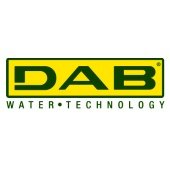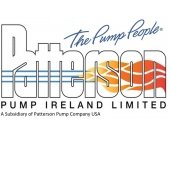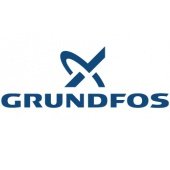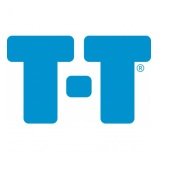EURIS
BREXIT July 2020 Update

An update from Andrew Willman Director of Legal, Trade, Economics & Finance
As we start July we are reminded of the various statements of both the UK Government and EU Commission that unless substantial progress had been made in FTA negotiations and agreement reached on sensitive areas such as fisheries and financial services, the negotiations would stop and everyone would once again retreat into no-deal preparation.
Equally, it is clear that there will be no extension to the Transition Period despite many calls for this to be agreed. Following the conclusion of the latest rounds and a meeting between the Prime Minister and the Presidents of the EU institutions, we expect more frequent negotiation rounds, starting on Monday 29th June 2020, face-to-face in Brussels.
As you can see from the negotiation timetable here
There is a total of 2 hours a week allocated to Trade in Goods so while we hope for an immediate breakthrough for industry, it may take a few more rounds. Fortunately, these are scheduled in on a weekly basis during July and (possibly) August alternating between Brussels and London.
The sticking points remain the same, even leaving aside fisheries. Despite assertions to the contrary the UK is looking for a highly ambitious FTA with some unprecedented elements, including 100% zero tariffs and Rule of Origin that would extend the definition of UK Goods more than any other FTA.
EURIS and its members would, of course fully support that level of ambition and more. On the other hand, the EU’s stance on level playing field conditions relating to environmental, labour and state aid regulation go beyond what is typical for FTAs. Unfortunately for the UK negotiators on this, there are real concerns in this area from both European governments and industry in relation to (a) the influence of state-supported businesses from further afield in distortions of competition and (b) the fear of the UK becoming a cheaper source of products due to lowering of employment protections or environmental standards. Despite this impasse, there is always a middle ground that could be found in non-regression or equivalence agreements even if full regulatory alignment is unlikely.
Another significant sticking point is the structure of any agreement, with the EU striving towards a fully comprehensive relationship agreement and the UK looking to a series of separate agreements and annexes for specific aspects. Both EU and the UK acknowledge that there is little time to create a bespoke agreement that covers all required aspects, while the idea of taking CETA, crossing out ‘Canada’ and substituting ‘UK’ is not being taken up by either negotiating party.
The change we have seen is indications from EU Trade Commissioner Phil Hogan that we will need to take whatever FTA chapters have been agreed by October and put those through the ratification process, albeit that they will almost certainly fall short of any comprehensive deal. This enhances the expectation already widespread that a limited FTA for Industrial Goods only could be achievable even with the time limitations in place. Although probably not without some deal on fisheries, as always.
EURIS and its members have been in constant communication with our many contacts on the BEIS negotiation team covering industrial goods to continue to push for the best deal for our industry and in particular for a high level of Regulatory Cooperation. This is an area which is extremely light in the UK draft legal text for the FTA and we have confirmation from BEIS officials that our concerns on this are acknowledged and attention is being given to how to provide more robust measures at least for our sector of technical products where regulatory standards are a key issue. We continue detailed communication with the Government on this and other FTA issues.
Despite the possibility of a limited FTA being agreed and ratified before 2021, a no-deal outcome is also still a very strong possibility and even with an FTA in place, manufacturers will need to be prepared to make customs declarations and certify the national origin status of their products.
EURIS’s work also continues on Brexit-related issues such as product marking, the UK’s position in the Standards making the world and of course other FTA work such as UK-USA.
Back to Latest News




1.png&w=170&h=170)


2.jpg&w=170&h=170)


3.png&w=170&h=170)
